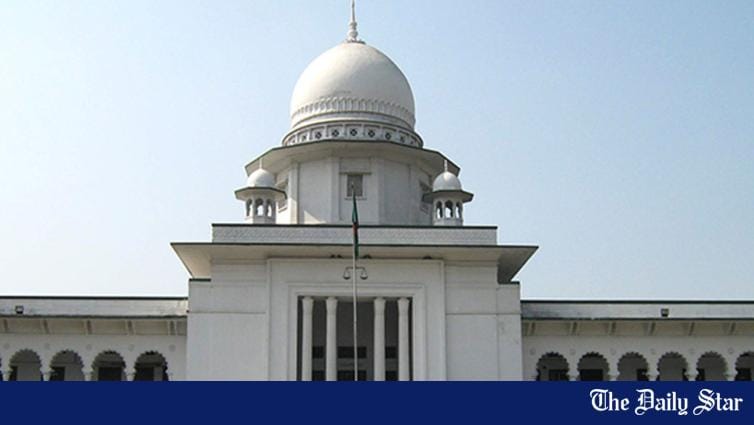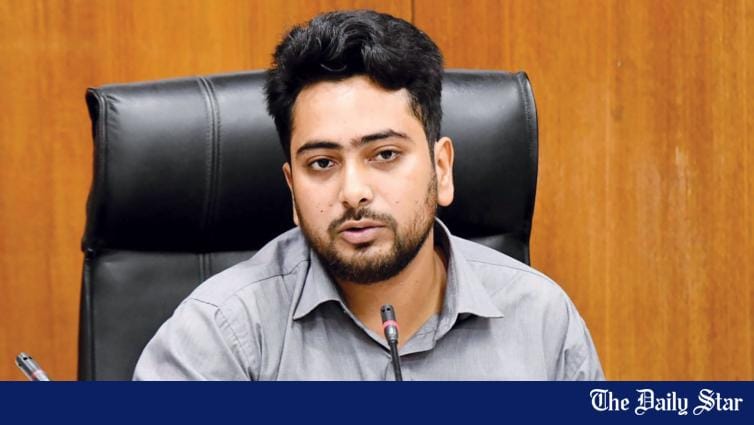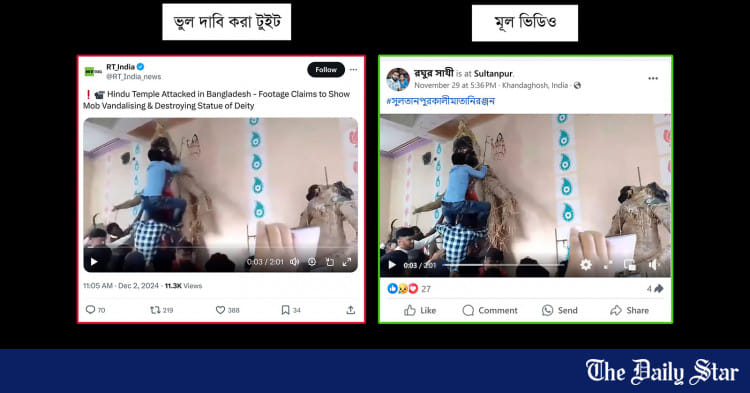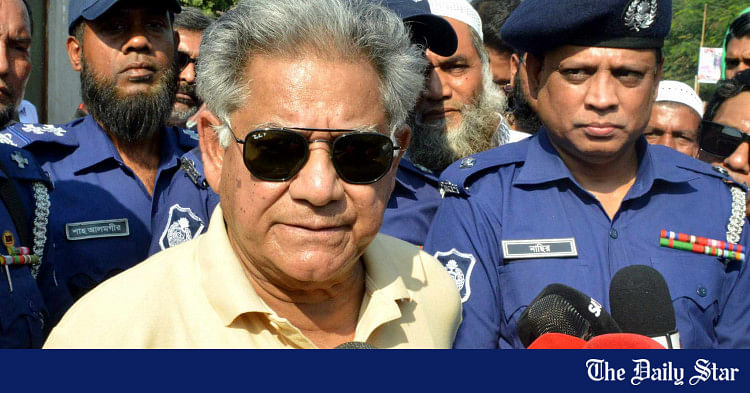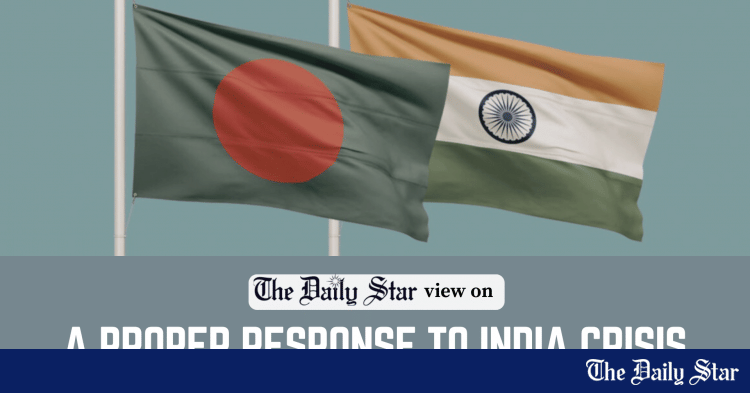- Messages
- 3,828
- Likes
- 2,049
What these advisers and spokespeople leave out (because of diplomatic norms) is the fact that the Indian govt. whether by coercion or by threat of some means, has caused Indian media to tow the BJP govts. line so that they report negatively on India's supposed enemies (in this case Bangladesh). In the case of sensationalist media like Republic TV, media reporting in India has found new lows of lies and muckraking.
In fact - many of their more independent minded journalists like Paranjoy Guha Thakurta (Paranjoy Guha Thakurta - Wikipedia) were targeted (just like by Hasina's govt. against Bangladeshi opposition and independent journalists) using industrial and military grade spyware like Peg4sus (purchased from Isra hell). Modi's govt. is totally strangling their Indian media and their intelligentsia, probably the most educated and talented people in India.
It's a long read - but is quite fascinating, I assure you.

 cms.thewire.in
cms.thewire.in
In fact - many of their more independent minded journalists like Paranjoy Guha Thakurta (Paranjoy Guha Thakurta - Wikipedia) were targeted (just like by Hasina's govt. against Bangladeshi opposition and independent journalists) using industrial and military grade spyware like Peg4sus (purchased from Isra hell). Modi's govt. is totally strangling their Indian media and their intelligentsia, probably the most educated and talented people in India.
It's a long read - but is quite fascinating, I assure you.

Revealed: How The Wire and Its Partners Cracked the Pegasus Project and What It Means for India
Last month, a top secret investigation by 80 journalists from 16 international news organisations, the French media non-profit Forbidden Stories and Amnesty International broke the story of the year on the use of spyware. Here's how it happened.
Last edited:



